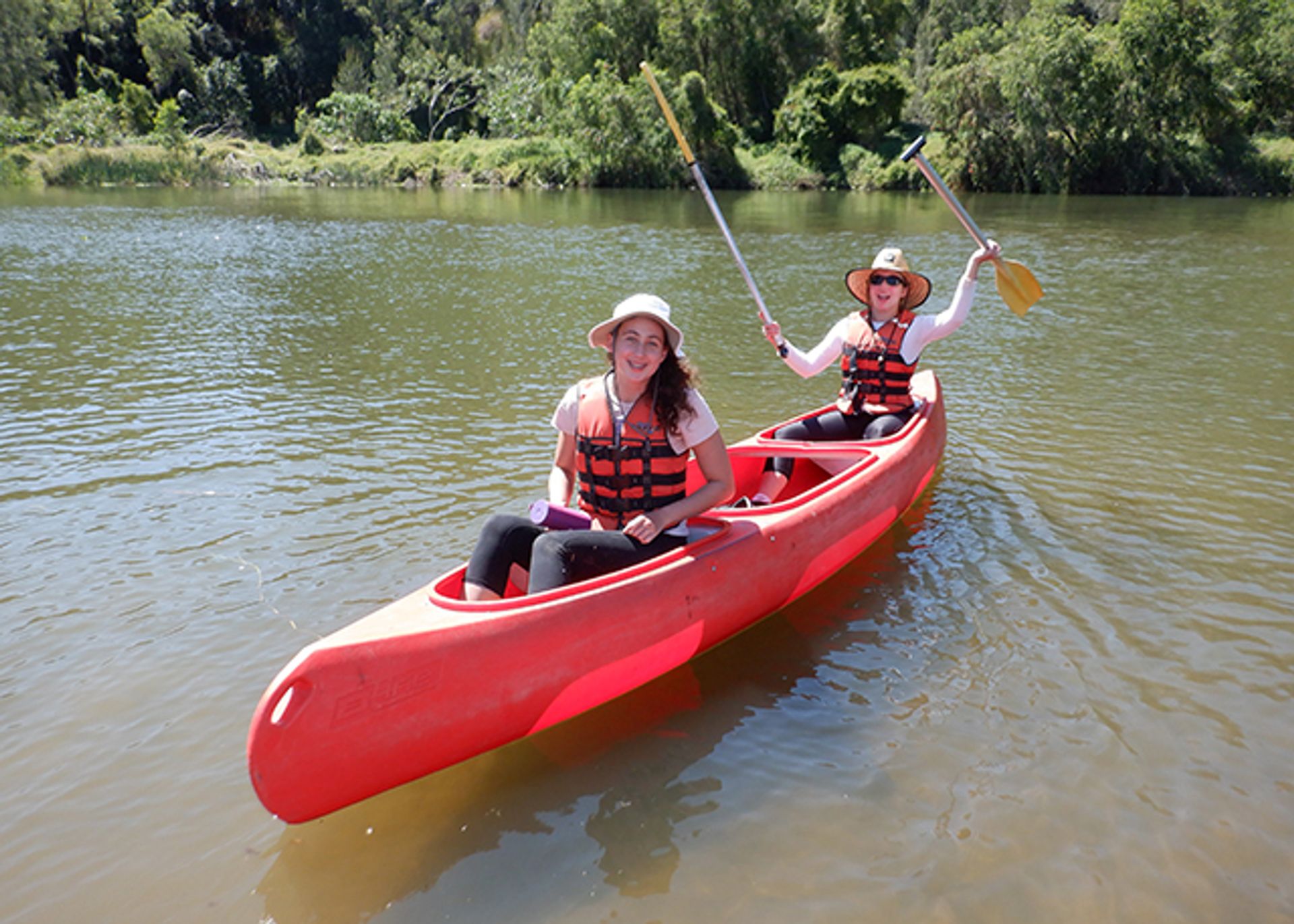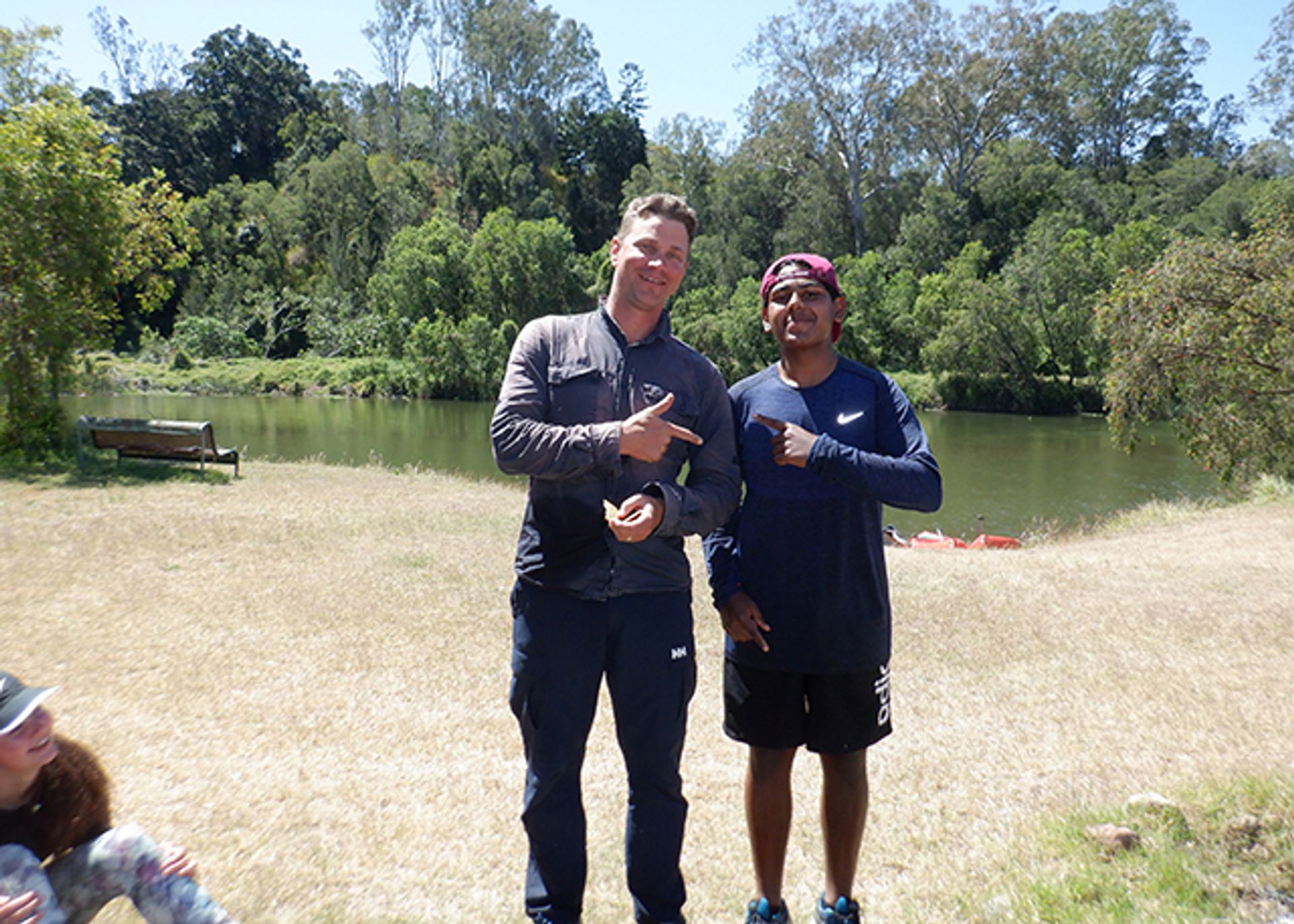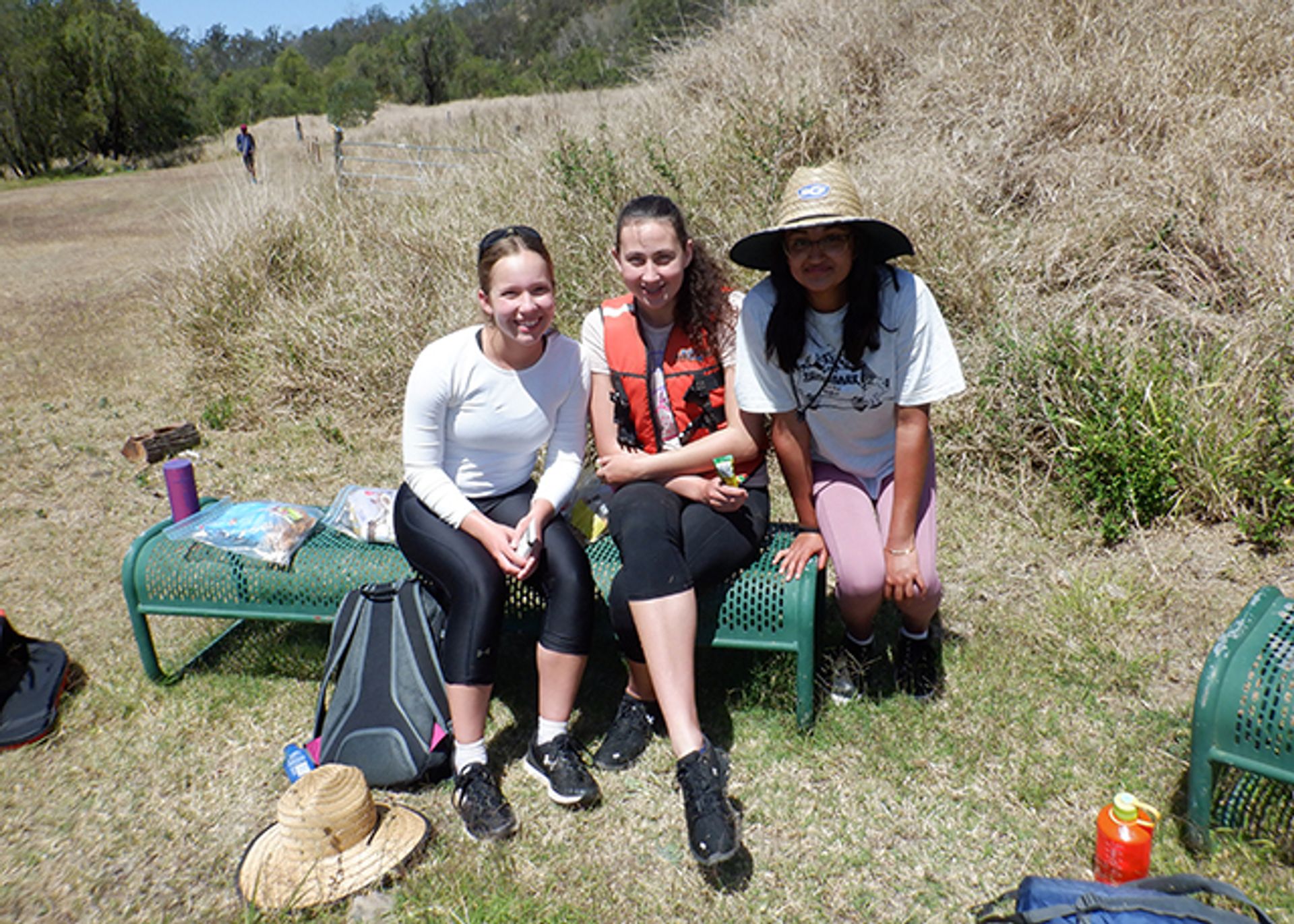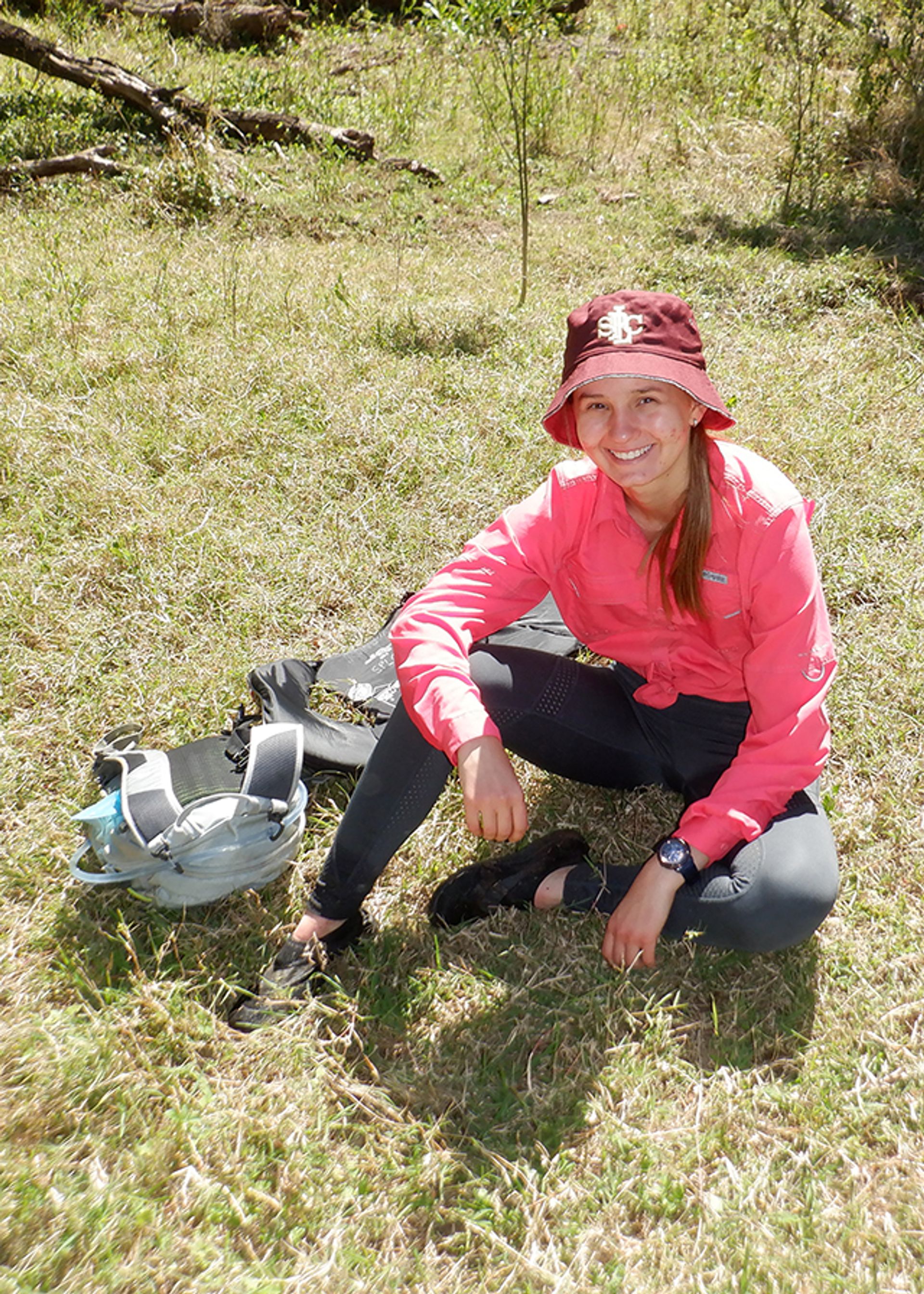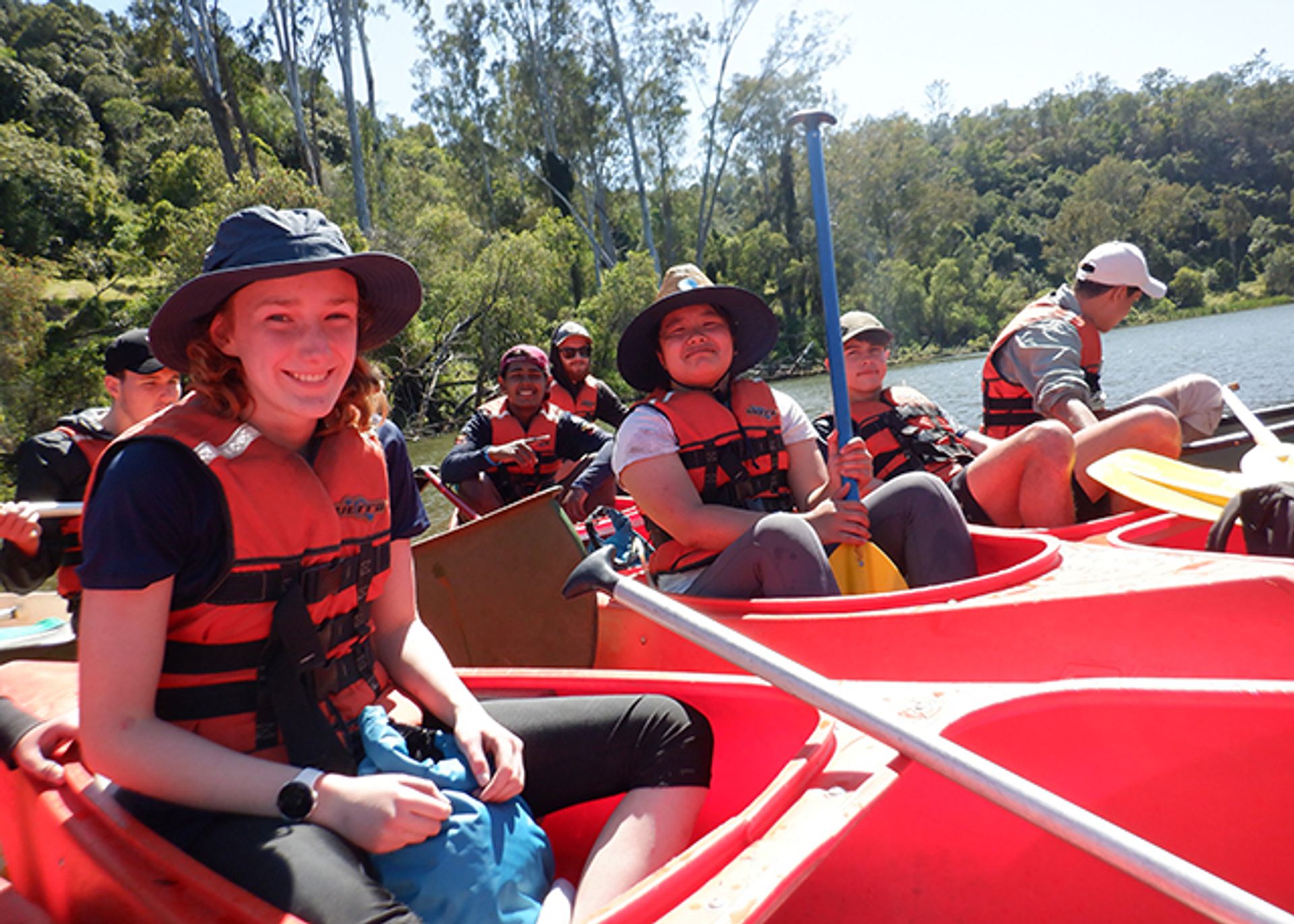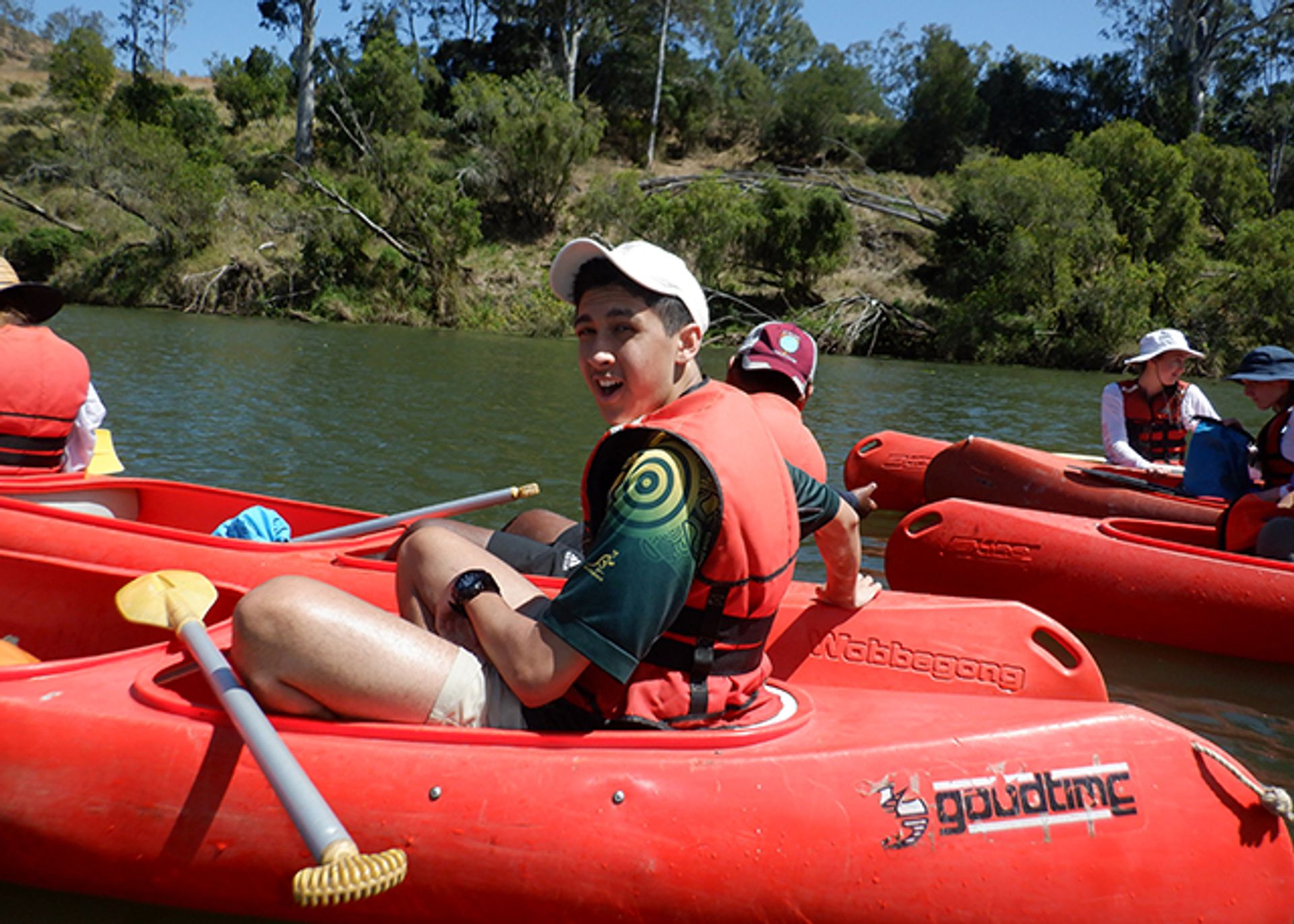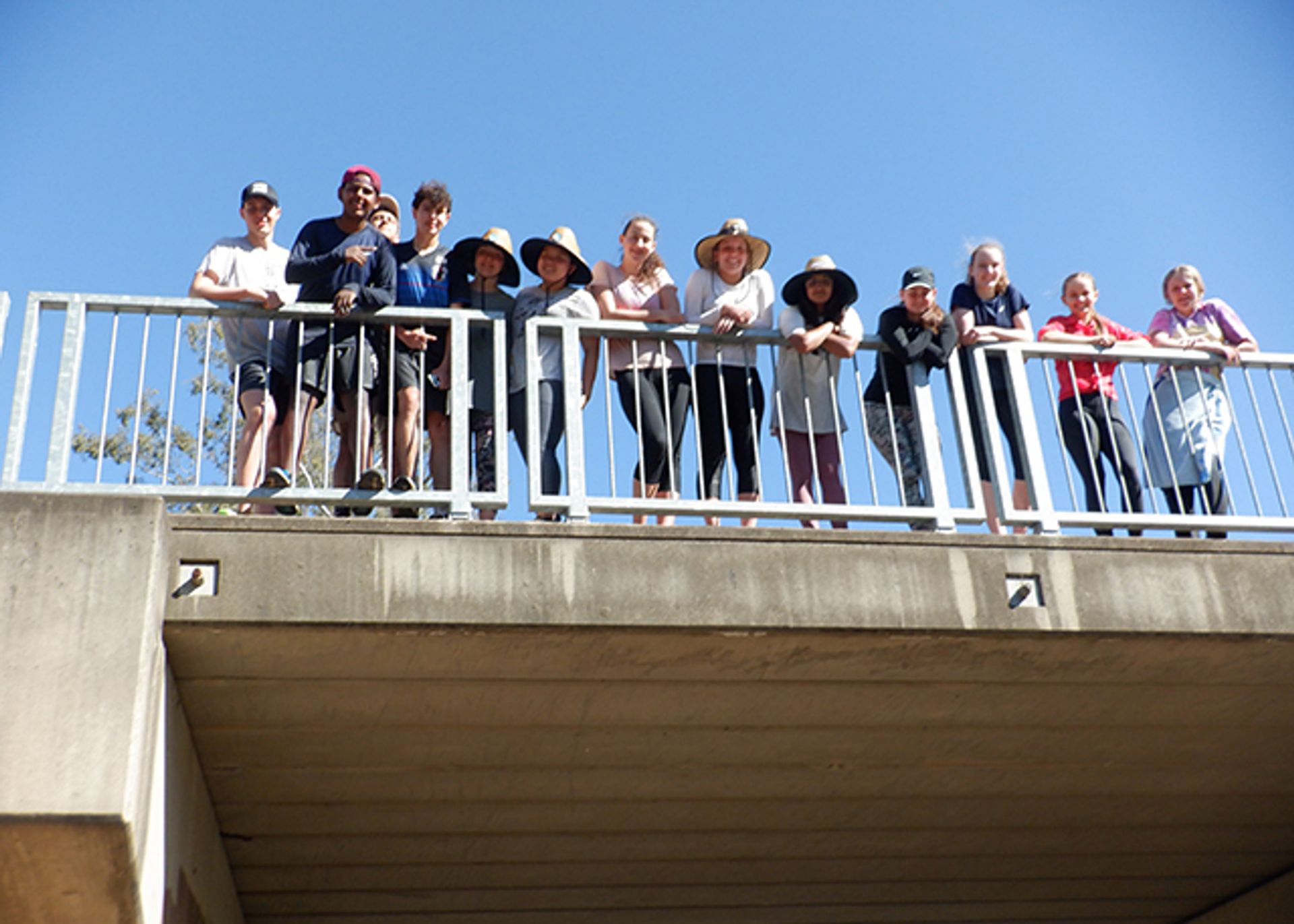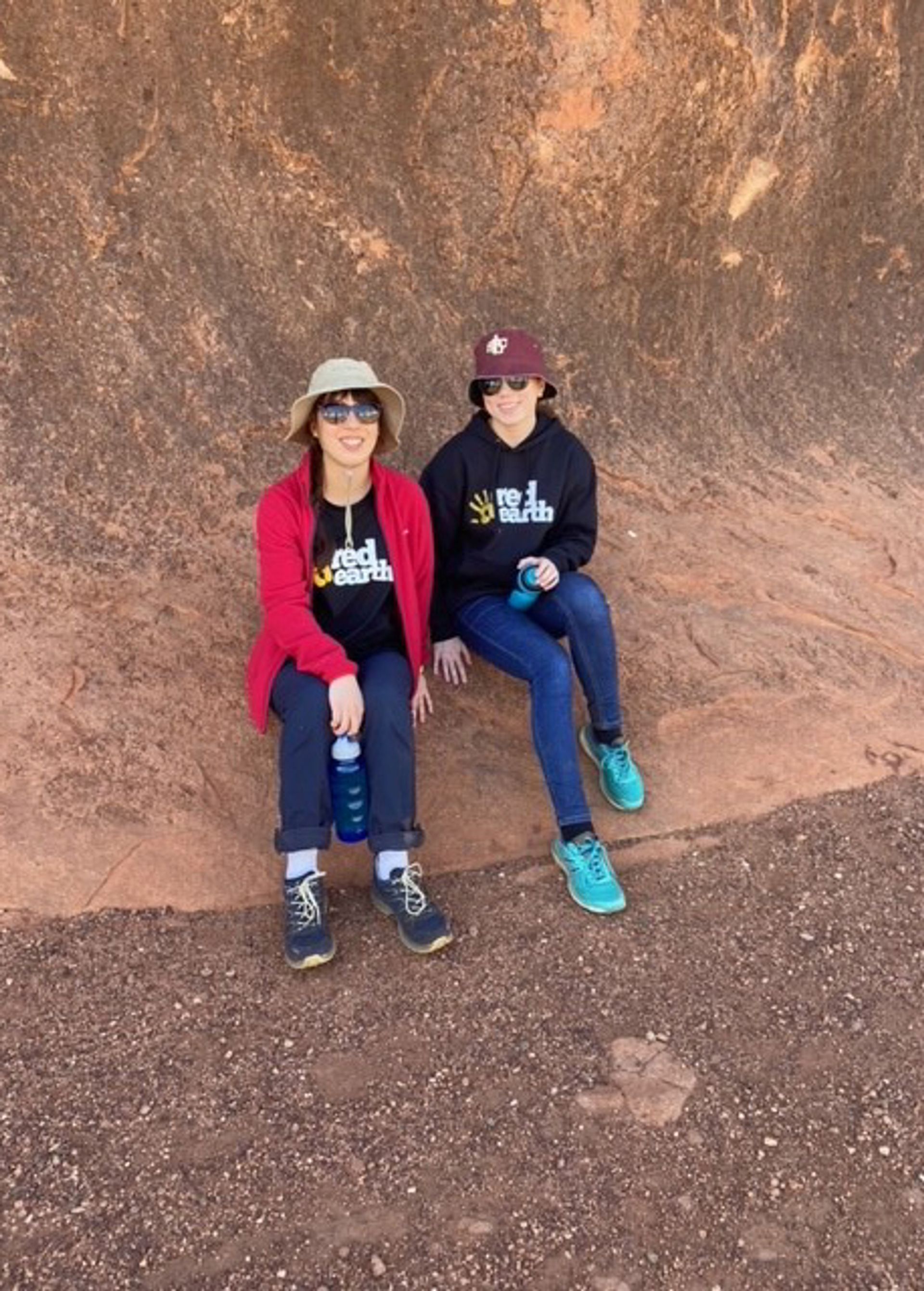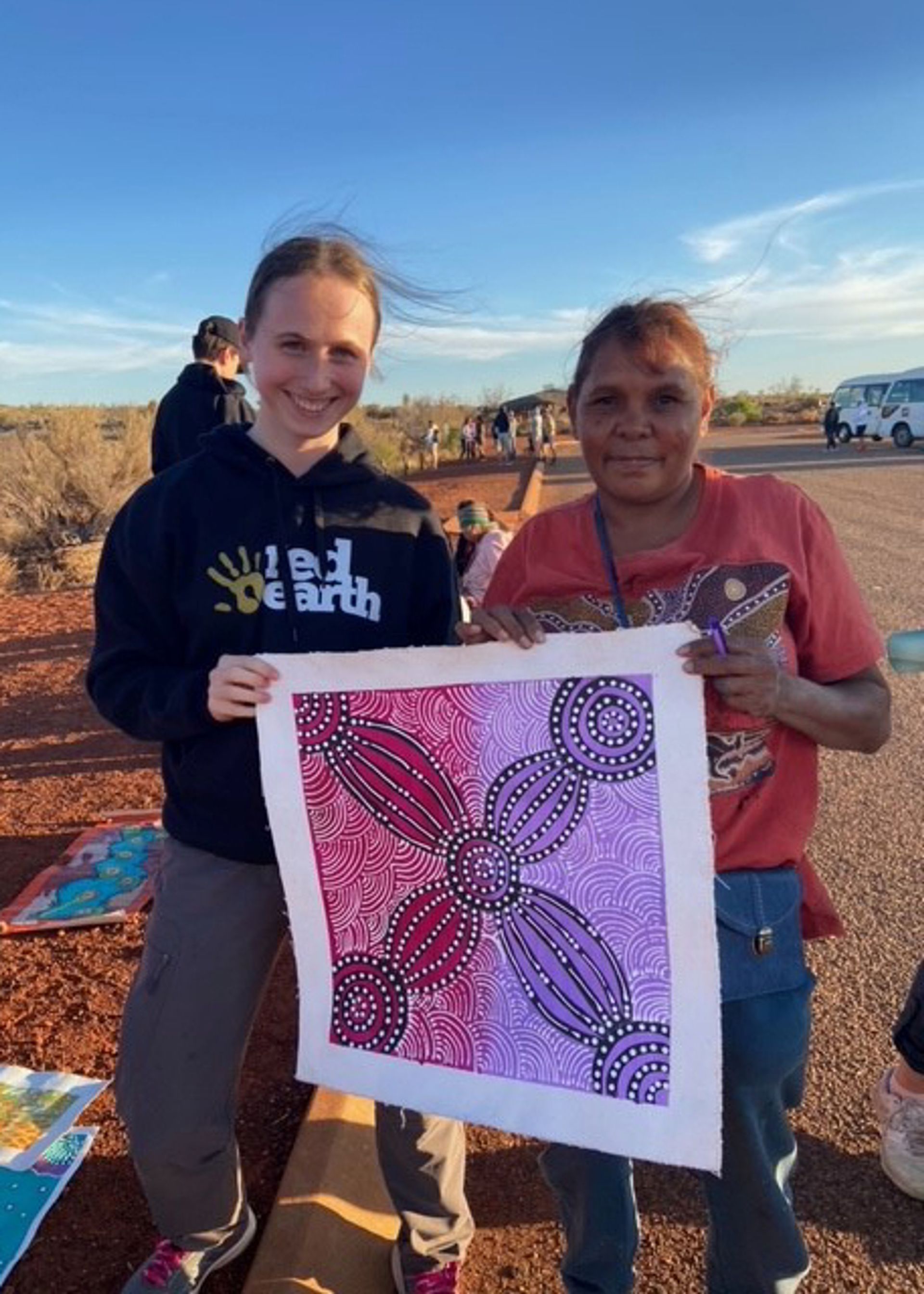
UQ-led study suggests it's time to get active
In August, a University of Queensland-led study found that excess screen time was impacting teen mental health. After years of media coverage touting the negative impacts of screen time, it would seem that it’s still a huge problem for our adolescents. UQ’s School of Health and Rehabilitation Sciences researcher, Associate Professor Asad Khan elaborated on this, stating that, “excess screen time effects can include depression, obesity, poor quality of life, unhealthy diet and decreased physical and cognitive abilities”.
So, in a society that’s made a move to a pro-online learning environment, what does this mean for the continued wellbeing of our teenagers?
Note the focus of the study
It’s very important to note that the UQ-led study focuses on screen time for entertainment purposes—it does not incorporate screen time used for education. The global study, which looked at data from more than 577,000 adolescents (aged 13 – 15 years old) across 42 high-income countries, noted the “detrimental effects of recreational screen use on mental health”. The data came from surveys completed in 2006, 2010 and 2014; times when, globally, screens were being used in the education space.
The reassuring message to come out of this study is that we do not need to worry about our students’ online learning habits. In fact, both the University of Melbourne’s Faculty of Business and Economics and the University of Illinois Springfield have shared a range of benefits of online learning. By engaging with devices to complete their studies, students can:
- have increased access to global experts and practitioners;
- familiarise themselves with standard workplace technologies before they graduate; and
- learn anywhere at any time (a perk we’ve all come to appreciate in recent times).
Online learning can strengthen student-teacher communication channels, allowing students to ask more questions and receive extra help with their subjects via email, chat groups and other technology-driven channels (and you can read how this has played out in the St Peters Indooroopilly Maths department by clicking here). So, now the tricky part—explaining to your teenager that some screen time is ok, and some isn’t, without sounding like a hypocrite!
Encourage Physical Activity
Before you go all out and ban electronic devices from your home (and risk having your teenager never speak to you again) know that, to reduce the harmful effects that screen time can have on teenage mental health, you don’t need to remove the screens altogether…just reduce the time spent on them. Associate Professor Khan said that, in the study, the act of “combining increased physical activity with reduced screen time showed a gradual beneficial effect on mental wellbeing across genders”. He continued to say that, “one hour of physical activity and no more than two hours of [recreational] screen time a day provided optimal mental wellbeing”.
The September holidays are a great time to start implementing this at home. There are plenty of things to see and do outdoors, including the Brisbane Festival, which runs for another two days. For the second week of school holidays, encourage exploration. Whether your teens want to venture out with their friends, or do an activity the whole family can enjoy, there are plenty of safe, fun and screen-free options available. Reducing screen time doesn’t have to be boring, and it doesn’t have to mean teenagers are cut off from their peer group. Let’s encourage students to be creative these school holidays!
Saints leading the way
It’s been reassuring to see so many of our St Peters students making the most of the outdoors during the first week of their school holidays. From our Duke of Edinburgh Silver Award students in Years 10 and 11, who explored the Upper Brisbane River by canoe; to our Indigenous Immersion students, who completed an Uluru base walk while learning from traditional owners—the photos that we’ve received have acted as undeniable evidence of the joy that physical activity can bring. Scroll through the images below to view just how happy teenagers can be away from their screens. Well done, Saints!


